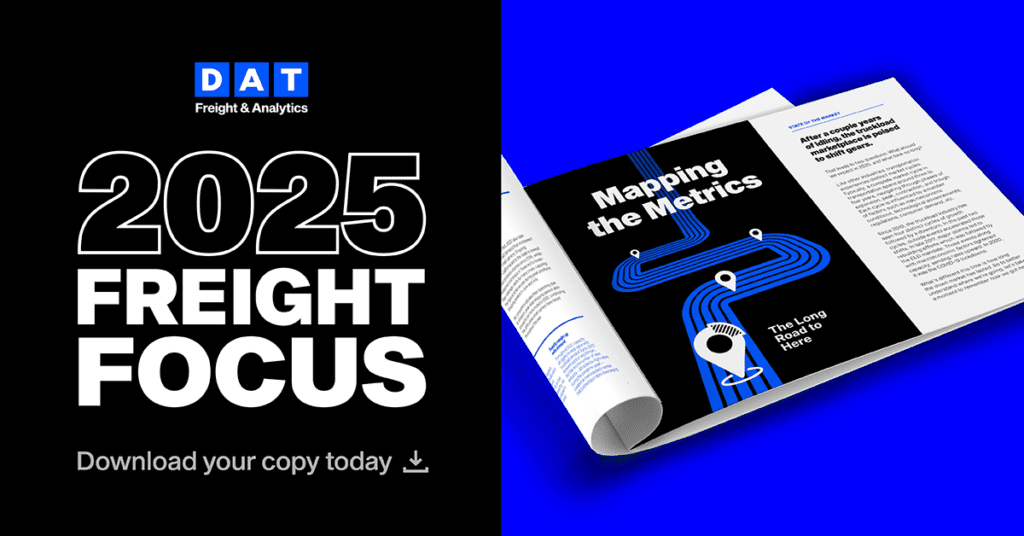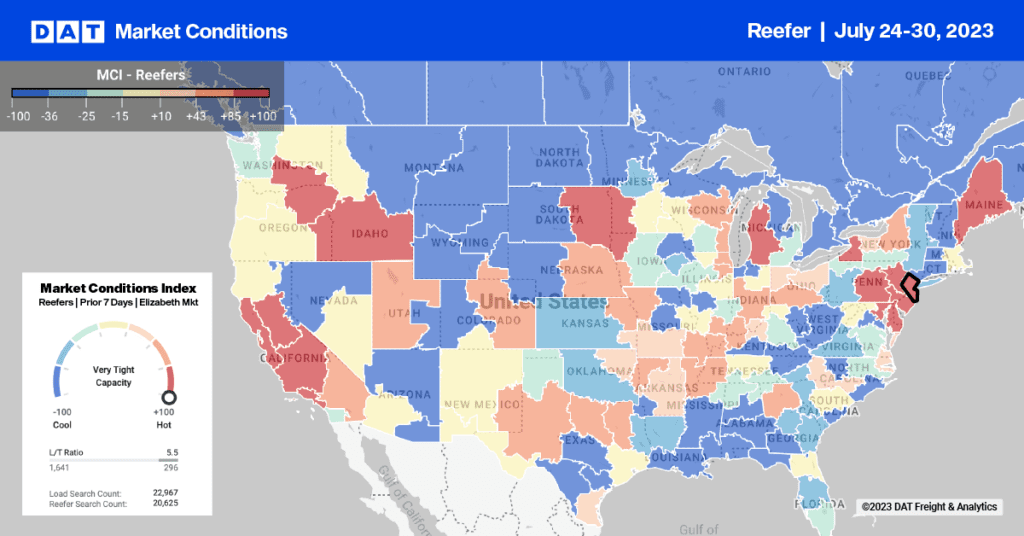The House and Senate passed the Highway Bill, which they are calling the “Moving Ahead for Progress in the 21st Century” Act, or “MAP-21.” In addition to highway construction and maintenance, and last-minute sections that preserve current interest rates on student loans and other unrelated items, the bill includes a number of provisions that directly affect interstate trucking companies and intermediaries.
You can read the entire 599-page text of the new legislation here — but if you’re interested only in trucking, skip directly to page 380. The new rules for brokers and freight forwarders start on page 422. For a good summary, see this article in DC Velocity.
Here are the highlights that apply to interstate transportation:
1. Disclose family ownership of multiple transportation companies: Carriers, brokers and freight forwarders must disclose any familial relationships with owners of other transportation companies.
2. Ban on “reincarnated” carriers. DOT can revoke registration or authority of a “reincarnated” carrier or levy a fine. This also applies to failure to disclose important facts. (Note: You can use the Alias Search feature of DAT CarrierWatch to help you detect “reincarnated” or “chameleon” carriers.)
3. EOBRs required on all interstate CMVs within two years: DOT will issue rules within a year, so that by 2014, CMVs will install an “electronic logging device” to “improve compliance” with HOS.
4. Establish a national driver registry: There will be a national registry of drivers with CDLs, including driving history and drug and alcohol test results.
5. Minimum driver training standards: Within one year, the DOT will establish national driver training standards for a commercial driver’s license.
6. Unified registration: All motor carriers, brokers and freight forwarders must register, and carriers and brokers must register with separate authority for each function.
7. Broker bond raised to $75,000: (page 426) Brokers are required to post a bond or other financial security of at least $75,000, starting October 1, 2013. The original version had a $100,000 minimum.
8. Stricter regulation of bond and trust companies: More transparency and fairness are required in the payment of clalms by bond and trust companies.
9. CSA and SFD language omitted: The final bill does not include language from the Senate version that referred to the Compliance Safety Accountability (CSA) program and its Safety Fitness Determination (SFD.)


